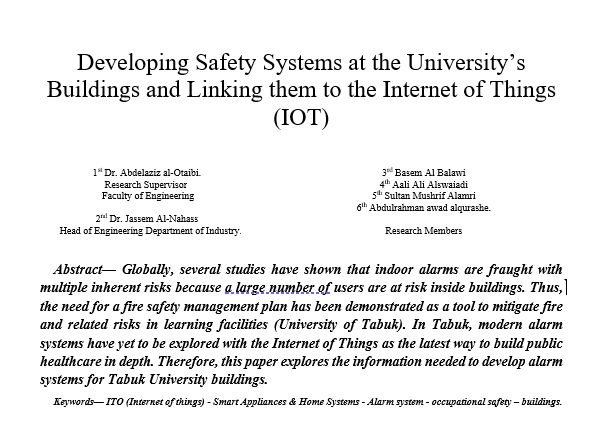
اكتشاف السلوك الخبيث الموزع على عدة اصدارات من برنامج اندرويد pdf
ملخص الدراسة:
The importance of data stored on smart devices can make malware apps that are trying to get this information to be exploited in either the data analysis and tracking devices for the purposes of the owners of advertising or marketing purposes or for blackmailing purposes of users. Increasing malwares has led to an increase in the importance of research work on malware analysis and the discovery of this kind of behavior. This thesis is considered altered attack method, which distribute of the data source and the point of loss of data on different versions of the app using local storage to storing part or all of vital data to leak in future. This thesis will introduce Distributed Malware Detection Algorithm (DMDA), which is an algorithm to detect distributed malware on app versions and propose new way to analyze application against redistributed malware. DMDA created to analyze the data and identify transitional losses points that are used to gloss over the algorithm sources. We test this algorithm on a sample of Android applications published on the Google Play market containing 100 application; every application has two version of it. The algorithm was revealed 150 transient data source, 200 transient loss of data point and 2 leakage of data. This dataset was checked by 56 anti-malware and none of them find any malicious code.
توثيق المرجعي (APA)
خصائص الدراسة
-
المؤلف
Al Salehi, Alaa Mohammed
-
سنة النشر
2015
-
الناشر:
الجامعة الإسلامية - غزة
-
المصدر:
المستودع الرقمي للجامعة الإسلامية بغزة
-
نوع المحتوى:
رسالة ماجستير
-
اللغة:
English
-
محكمة:
نعم
-
الدولة:
فلسطين
-
النص:
دراسة كاملة
-
نوع الملف:
pdf



